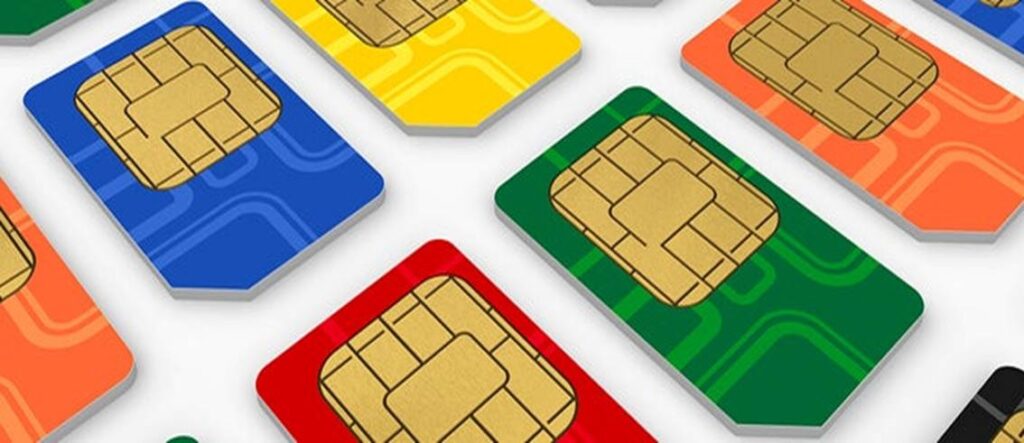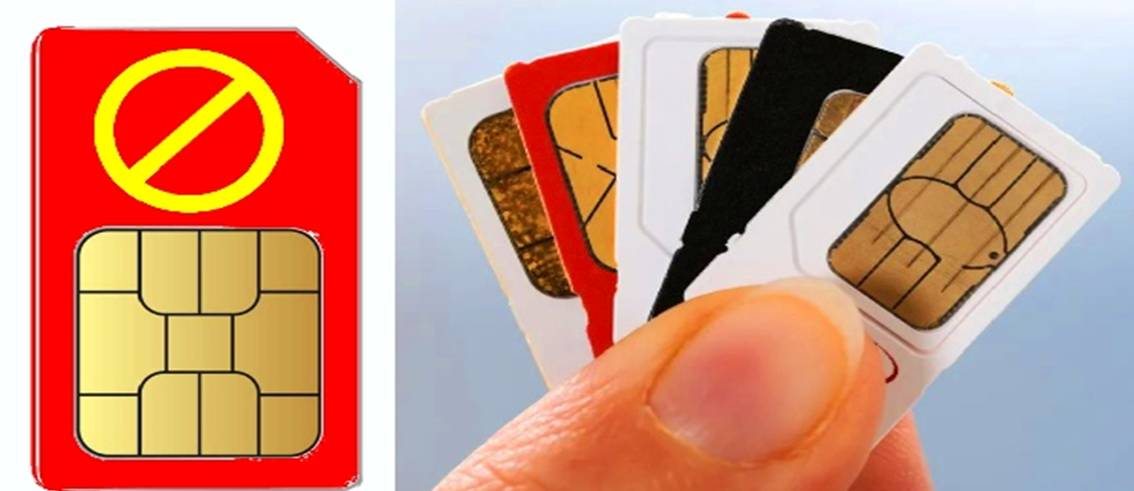The implications of ID verification laws for prepaid SIM cards in Cyprus
The introduction of ID verification laws for Cyprus prepaid SIM cards has significant implications across various sectors, including telecommunications, security, privacy, and socio-economic dynamics. These laws require individuals to present valid identification documents when purchasing a prepaid SIM card. They aim to enhance national security, prevent criminal activities, and align with broader EU directives. However, their implementation brings both benefits and challenges that affect consumers, businesses, and the government.
Enhanced National Security
The primary goal of ID verification laws is to strengthen national security. By linking every prepaid SIM card to a verified identity, the government can better track and prevent illegal activities such as terrorism, organized crime, and fraud. This measure reduces the anonymity previously associated with prepaid SIM cards, making it harder for criminals to use them for illicit purposes. Law enforcement agencies can now monitor suspicious communications more effectively and quickly identify and apprehend offenders.

Compliance with EU Directives
As an EU member state, Cyprus must align its laws with European Union regulations, particularly those related to security and data protection. The ID verification mandate for prepaid SIM cards aligns with EU efforts to standardize telecommunications regulations across member states. By adopting these measures, Cyprus not only enhances its internal security but also strengthens cooperation with other EU countries in combating transnational crimes. This alignment is crucial for maintaining Cyprus’s position within the EU and ensuring its legal frameworks meet regional standards.
Impact on Consumer Privacy and Civil Liberties
While ID verification laws enhance security, they also raise concerns about privacy and civil liberties. Many consumers view the requirement to register personal information as an invasion of privacy, especially in an era where data breaches and unauthorized surveillance are significant risks. The fear of misuse or mishandling of personal data by private companies or the government could lead to public resistance. To address these concerns, the government and telecom providers must implement robust data protection measures, including strict protocols for data storage, access, and use.
Economic Implications
The economic impact of ID verification laws is multifaceted. On one hand, the telecommunications industry may see a decline in prepaid SIM card sales due to the added barrier of ID verification. This could particularly affect tourists and temporary residents who prefer the convenience and anonymity of prepaid options. On the other hand, the law may encourage a shift toward post-paid plans, potentially increasing profitability for telecom providers as customers transition to long-term contracts.
Social Implications
Socially, these laws could disproportionately affect marginalized groups, such as immigrants, refugees, or low-income individuals, who may lack access to official identification documents. This could lead to digital exclusion, as mobile communication is essential for social integration, access to services, and employment opportunities. The government must consider measures to ensure these populations are not unfairly disadvantaged, such as offering alternative forms of verification or exemptions under specific circumstances.
Challenges in Implementation and Enforcement
Implementing and enforcing ID verification laws requires significant coordination between the government and telecom providers. Key challenges include ensuring the accuracy of ID verification processes, preventing fraud, and managing the large volumes of data collected. There is also a risk of creating a black market for SIM cards, where unregistered or falsely registered cards are sold illegally. To address these challenges, the government must engage in continuous monitoring, launch public awareness campaigns, and collaborate with international partners.
Conclusion
ID verification laws for Cyprus prepaid SIM cards offer both benefits and challenges. While they enhance national security and ensure compliance with EU standards, they also raise concerns about privacy, civil liberties, and economic and social impacts. The success of these laws will depend on how effectively the government and telecom providers balance security needs with consumer rights and the prevention of social exclusion.




